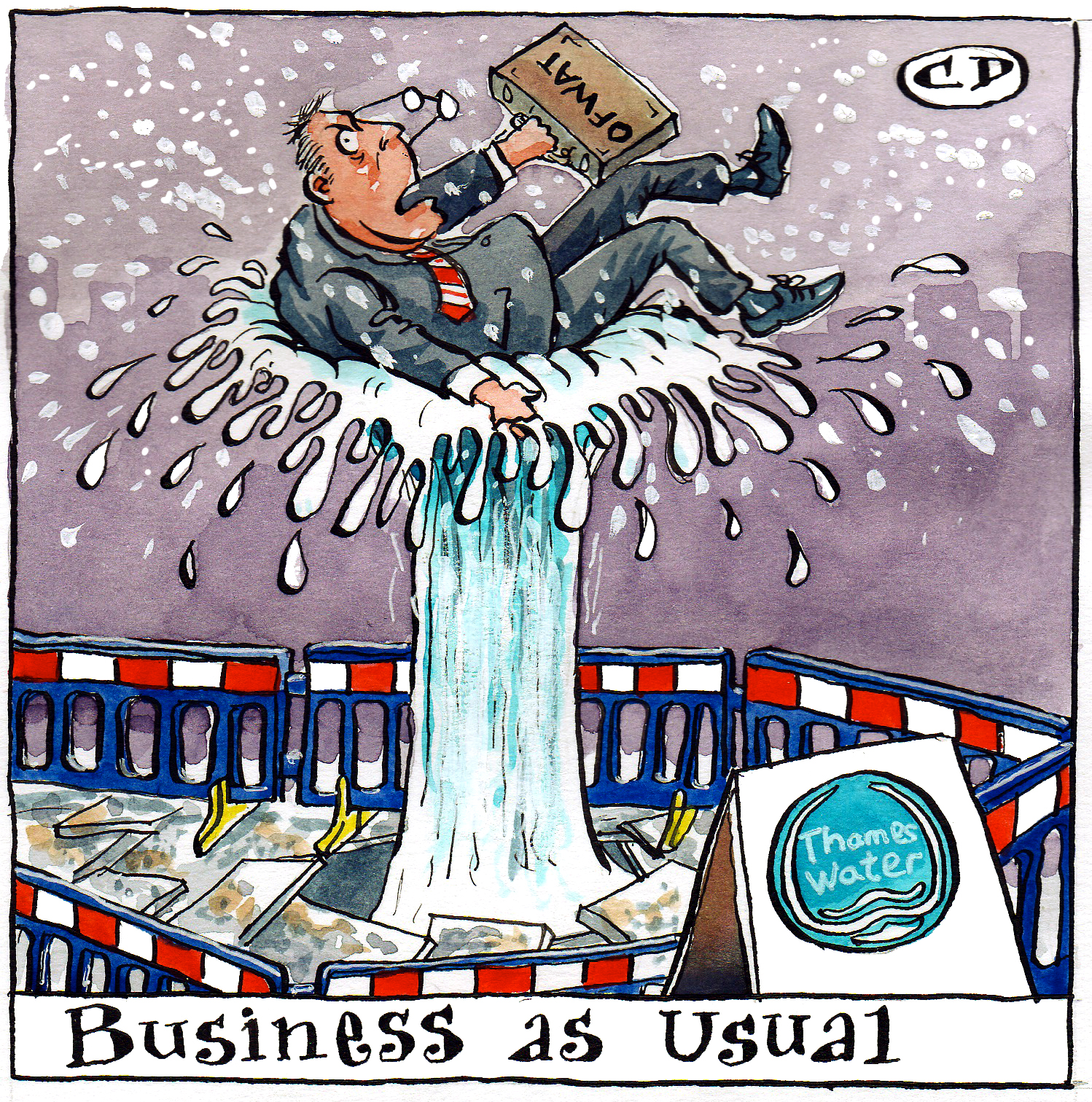Thames Water Faces Critical Choices Amid Financial Restructuring
The anticipation for government intervention in Thames Water is waning, as a financial restructuring plan emerges more swiftly than expected. Recent developments indicate potential new ownership, bringing critical changes to the company’s future.
The next two weeks are pivotal for Thames Water. On December 17, a court procedure will commence to revise Thames’s debts. The company will petition for approval of a proposed £3 billion loan, which would take precedence in the next stages, determining how much loss existing creditors should absorb. This may lead to additional legal challenges, but if no successful objections arise, proceedings could reach a conclusion by the end of January.
Just two days after the legal proceedings begin, the water regulator Ofwat is set to reveal its final decision regarding water and sewage billing for the next five years. These figures are essential; they influence Thames’s earning potential, valuation, and debt capabilities. Thames will have 60 days to challenge this ruling.
Potential investors will need to consider both the upcoming outcomes and their own strategies, which could include operational splits or planning for an initial public offering.
Reactions from the public may be mixed, as many believe Thames Water has been overly influenced by the private sector. The main concern lies not in financial maneuvers but in enhancing water and sewage service standards. An investigation by Ofwat and the Environment Agency highlighted serious management issues within Thames, showcasing a troubling lack of commitment to service improvement.
The challenges ahead are significant. Key functions will likely need to be internalized, and a cultural shift within the organization is essential.

This moment is a crucial test for Thames Water’s prospective owners and the regulator. If Ofwat permits the continuation of old practices, it will reflect poorly on their oversight.
Crisis for the Pensions Sector
Initially, it seemed the aftermath of Rachel Reeves’s first budget had been thoroughly assessed. However, new developments reveal that pensions will now fall under inheritance tax regulations starting April 2027, stirring further debate. This policy has raised concerns among taxpayers about potential repercussions on the middle class and retirement savings.
Previously, unspent pension funds were excluded from inheritance tax calculations. With the new rule, assets exceeding £325,000 will incur a 40% tax on the excess, complicating financial planning for many.
Pension providers will now bear the responsibility of assessing tax obligations on deceased individuals’ pension pots. This new protocol outlines an extensive 11-step procedure for communication between administrators and the deceased’s representatives. Administrators will have six months to submit tax payments and face interest charges if deadlines are missed.
The pensions industry expresses serious concerns regarding the feasibility of this process. Many administrators fear the need for additional staff to manage tax liabilities, which would ultimately burden savers.
Legal experts are equally apprehensive, as delays in receiving information from pension firms may hinder the probate process. They hope increased accountability will result from these measures.
Notably, probate is only granted after paying estimated inheritance tax, potentially complicating estate management further. This situation may also prompt individuals to consider depleting pensions to minimize tax liabilities or prefer annuities for guaranteed income.
The consultation period for these changes will end on January 22. A significant backlash from the pensions sector and discontent from the legal profession is anticipated.
Dominic O’Connell serves as a business presenter for Times Radio.




Post Comment